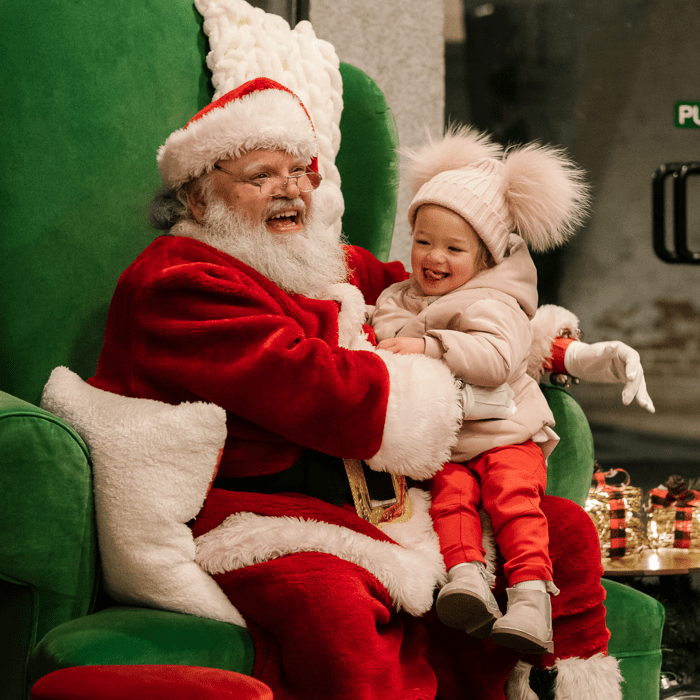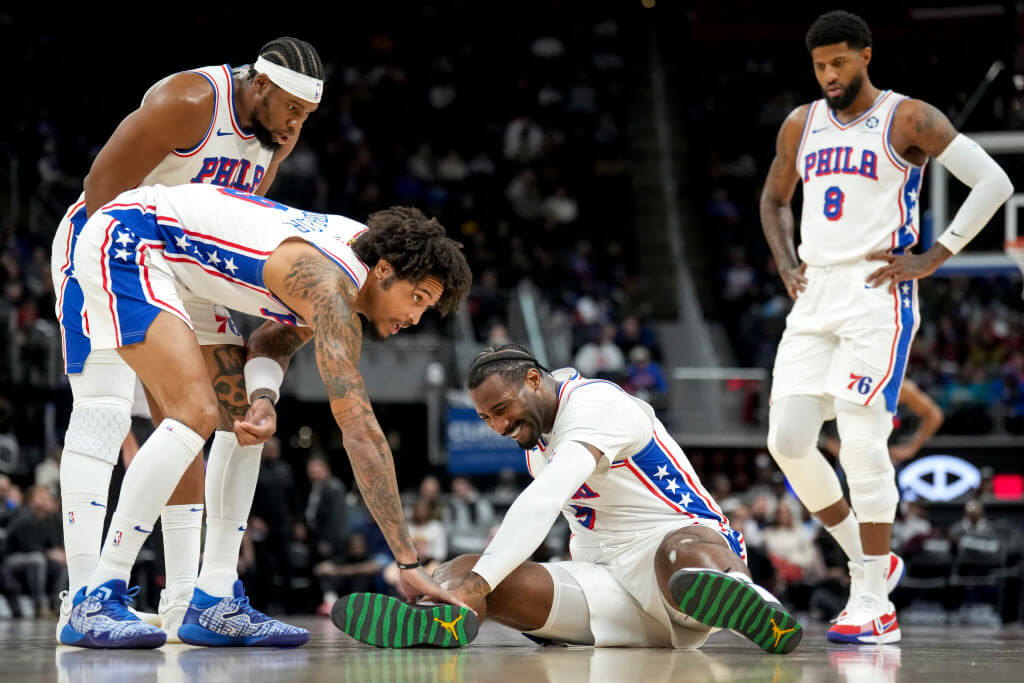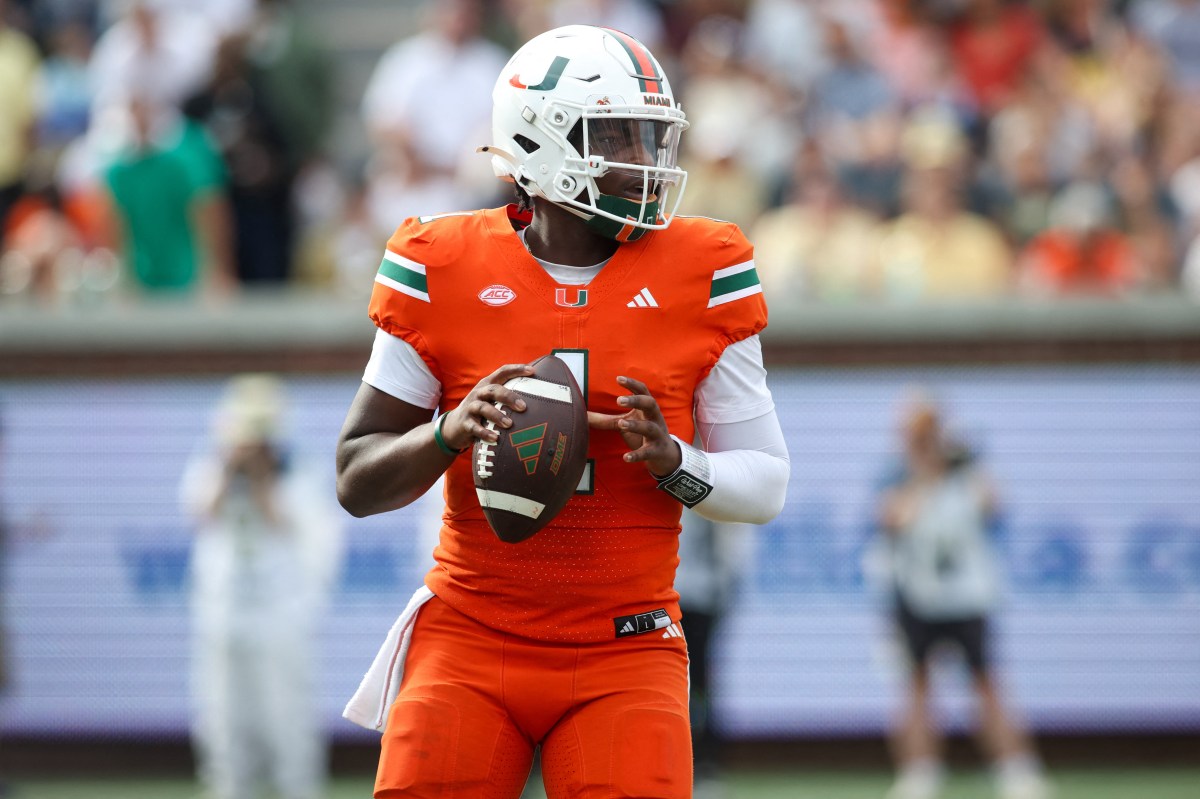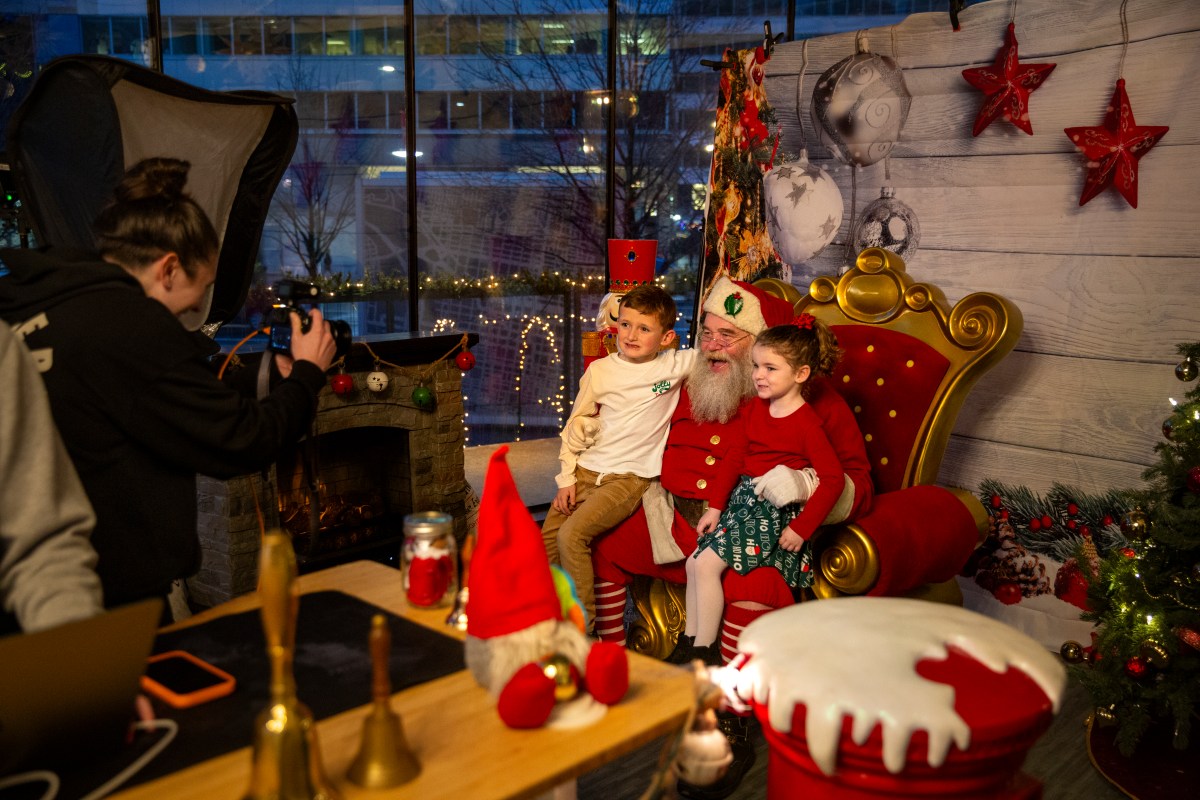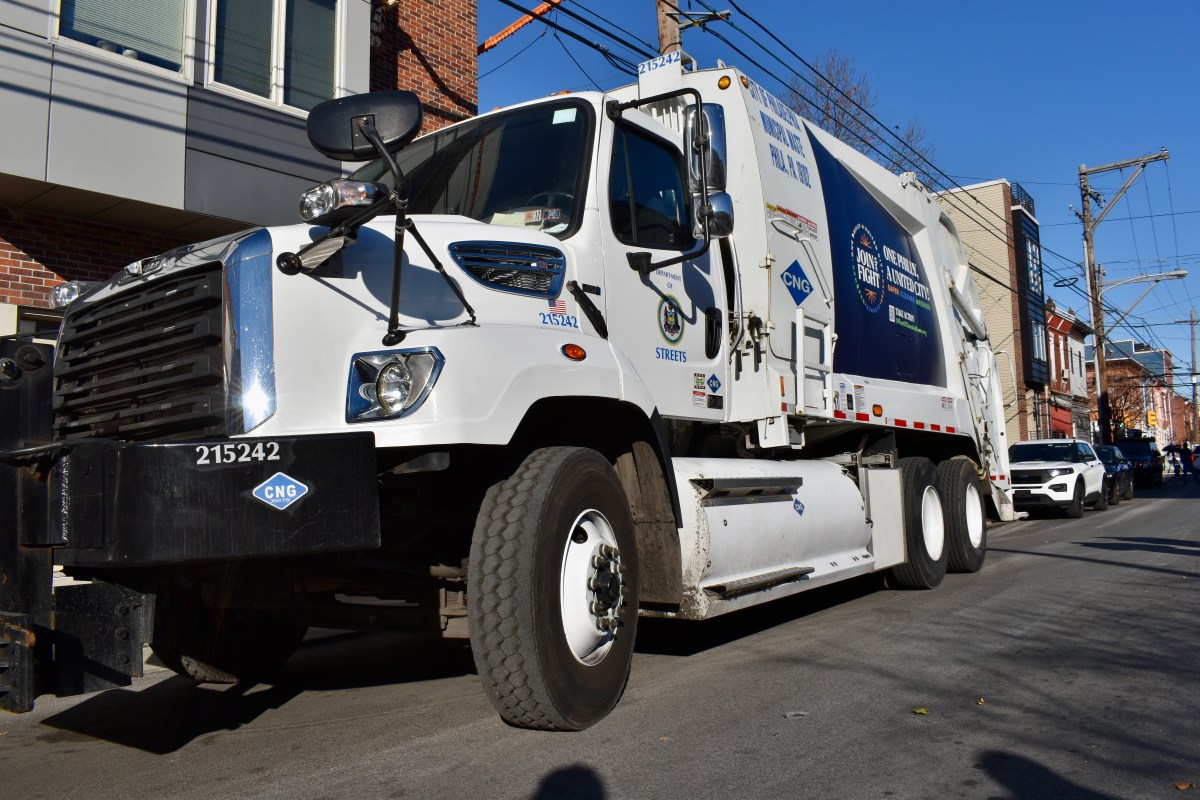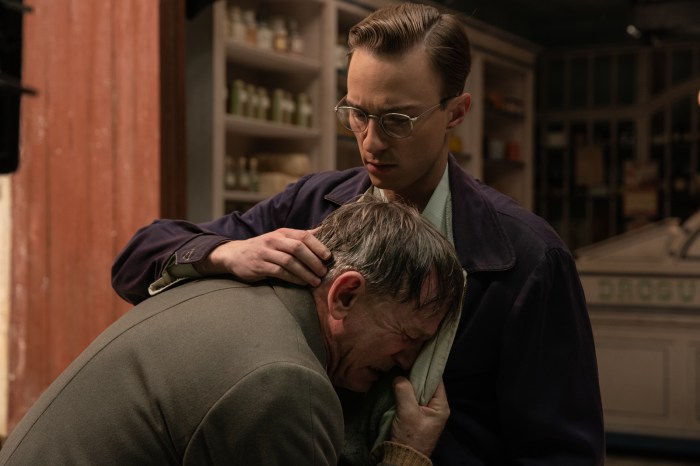KYIV, Ukraine (AP) — When 25-year-old Anastasia Mokhina donned fatigues and rushed off with her husband to help Ukraine defend itself as Russia invaded on Feb. 24, she quickly realized the military wasn’t well prepared for an influx of women volunteers.
So her elder half-brother Andrii Kolesnyk, who was prevented from doing military service by a childhood disability, and his wife, Kseniia Drahaniuk, mobilized at home to ship her needed items. Word spread fast inside the ranks that amateur quartermasters were focusing on women’s particular needs, and a home-grown supply operation for female soldiers was born.
Now, a volunteer group called “Zemliachky” — roughly translated as “women compatriots” — is serving many of the 57,000 women in the Ukrainian military with boots, uniforms, stand-to-pee tubes, wireless bras, thermal underwear, medicines, right-sized bulletproof plates for their flak jackets, and care packages with items like lotions, shampoo, toothpaste, and feminine hygiene products.
In short, the group fill unanticipated gaps in the Ukrainian military’s own supply operation.
“Our army was not prepared for the fact that so many women would appear in the army,” said Drahaniuk, a 26-year-old journalist from Yalta, in now-occupied Crimea, sitting in front of metal shelves stocked with army boots and uniforms.
Today, at least 6,000 Ukrainian women have deployed on or near the front lines, in roles like paramedics and intelligence officers — but also snipers and artillery gunners.
They have joined the fight in a country where all men aged 18 to 60, with some exceptions, have been barred from leaving under martial law enacted after Russia’s invasion.
When it got started, the association outsourced manufacturing of uniforms for women, but has since designed and produced them from a factory in the northeastern city of Kharkiv.
It all began with a need expressed by Mokhina, recalled Drahaniuk: “I need lip balm and hand cream, because my hands crack in the cold, and it’s a pain.”
Zemliachky has helped distribute more than $1 million worth of support — about one-fifth of that through direct donations, the rest in in-kind support. Its corporate contributors include medical supply firms, beauty salons and the gaming industry, Drahaniuk said.
All Ukrainians have been impacted by President Vladimir Putin’s war in their country, which widened a conflict that began in 2014 when pro-Russian separatists in the eastern Donbas rebelled against the Kyiv government, and Russia illegally annexed Ukraine’s southern peninsula of Crimea.
Women, in ways large and small, have borne the brunt: Millions fled the country, often with children or elderly relatives in tow. Human rights monitors say some who remained were raped, sexually abused, or otherwise brutalized. As with many Ukrainian civilians, an untold number were injured or killed in Russian attacks.
“I didn’t know what to do. I just wanted to do something,” said Mokhina, who has worked as a signals and communications specialist and with territorial defense units in Kyiv. “We just wanted to fight back. So my father and I said, ‘We will go’ — and went straight to the nearby army post.”
After the war broke out, Ukraine’s military outfitted many women with small-sized men’s uniforms or boots. In recent months, as part of its response, Zemliachky has crafted its designs to account for women’s bodies, sizes and needs.
Dozens of orders come in and go out by truck, train and courier daily, and a converted two-room warehouse stall in northeastern Kyiv serves as a showroom where women on leave can pick up the wares — made available for free — themselves.
Once, Drahaniuk recalled, she got a call indicating that an order for 10 uniforms and pairs of shoes needed to be reduced to five — after a Russian attack one night cost five lives.
“They really give their lives for the freedom of our country,” she said.
Last week, a pair of women in fatigues drew a joyful hug from Drahaniuk as they entered the supply room to collect new gear, raving about Zemliachky’s support, which goes beyond equipment — like posting personal portrait stories of women soldiers or training videos online.
“Ksyusha gave us everything we wear. … She is our savior,” said Maria Stalynska, who joined the military in August and has been on an unspecified front line, using a nickname for Drahaniuk. “There are even cases when we need medicine or a hospital. We immediately go to Ksyusha.”
“We are really grateful. These people really do a lot for us women, for the army, for protection,” she added. “They support us in everything.”
Kateryna Pryimak, co-founder of Ukraine’s Women Veteran Movement, says groups like Zemliachky and another whose name translates roughly as “Arm Women Now” provide a crucial role because for years, “material support of women in the army” — uniforms, shoes, underwear — “was a problem.”
“Our organization, as a community of military women and veterans who have been taking care of these issues for a long time, is very glad that we have allies,” she said.
The military activities of volunteers like her could reshape the image of women in what many see as a male-dominated society.
“After the victory of Ukraine, the behavior of men toward women will change,” said Drahaniuk. “In civilian life, there will be the women who fought, and the men who didn’t, and it could change things like professional advancement, salaries, even the culture of women in society … to have more respect from men.”
Hanna Arhirova contributed to this report from Kyiv, Ukraine.
Follow AP coverage of the war in Ukraine at: https://apnews.com/hub/russia-ukraine




